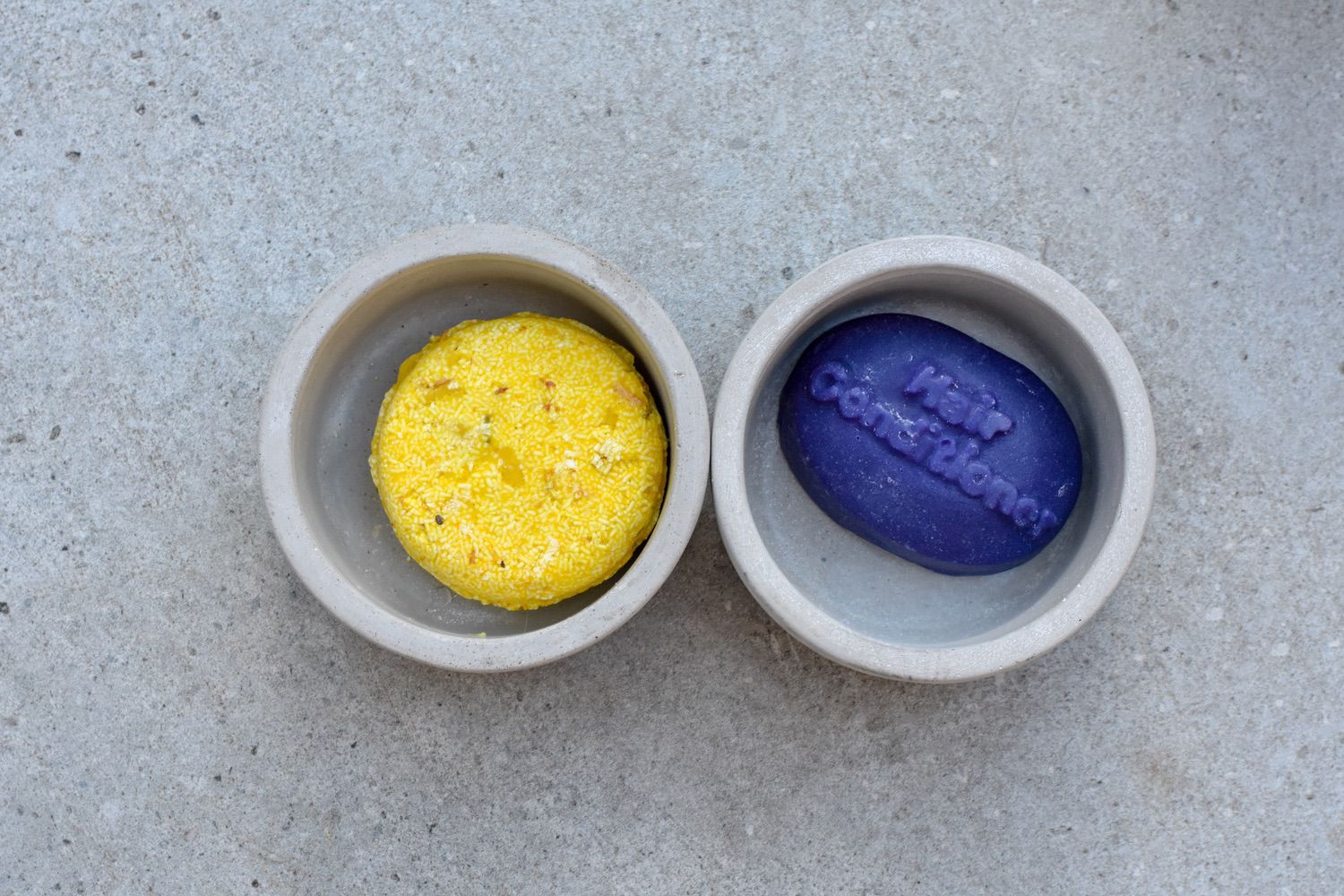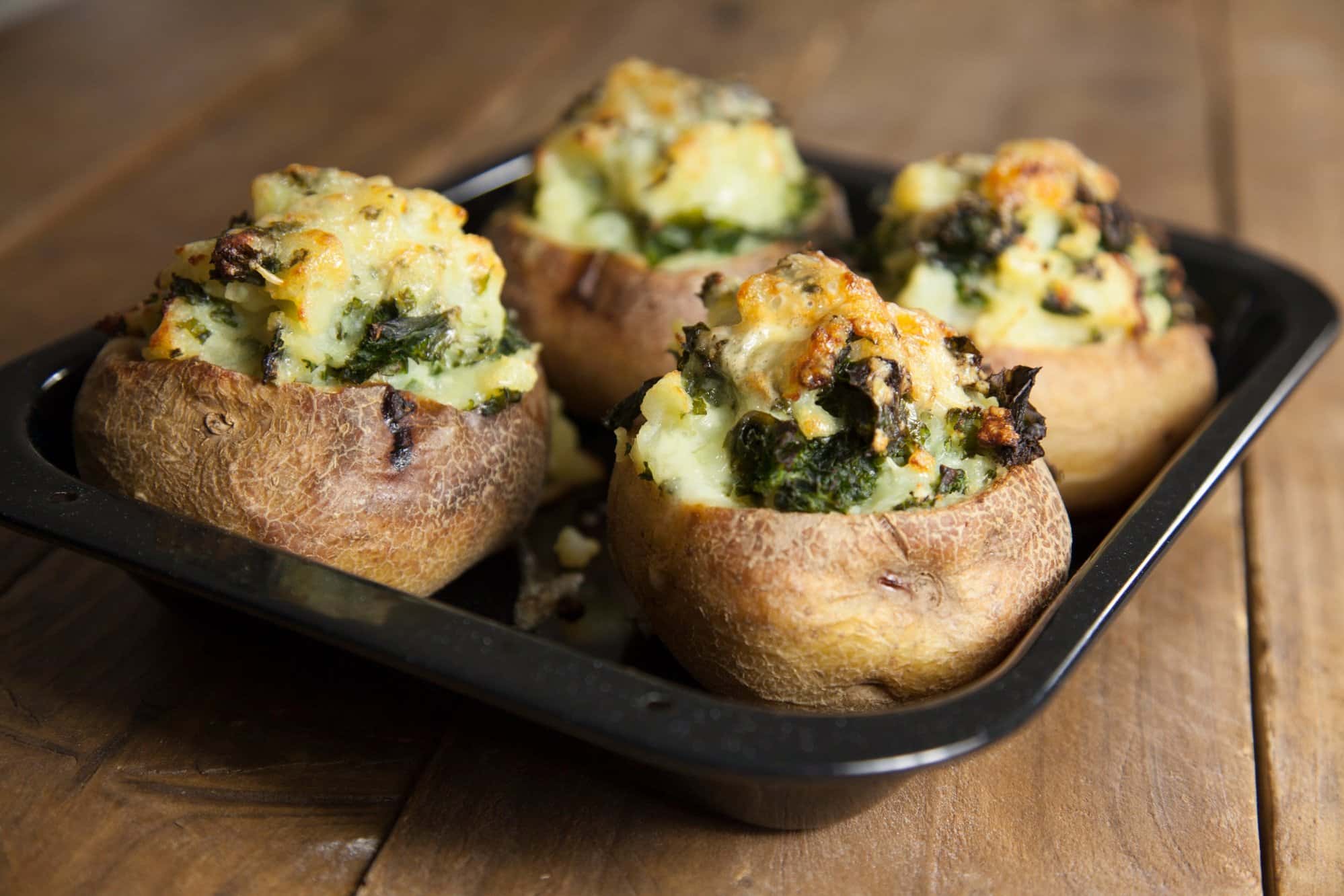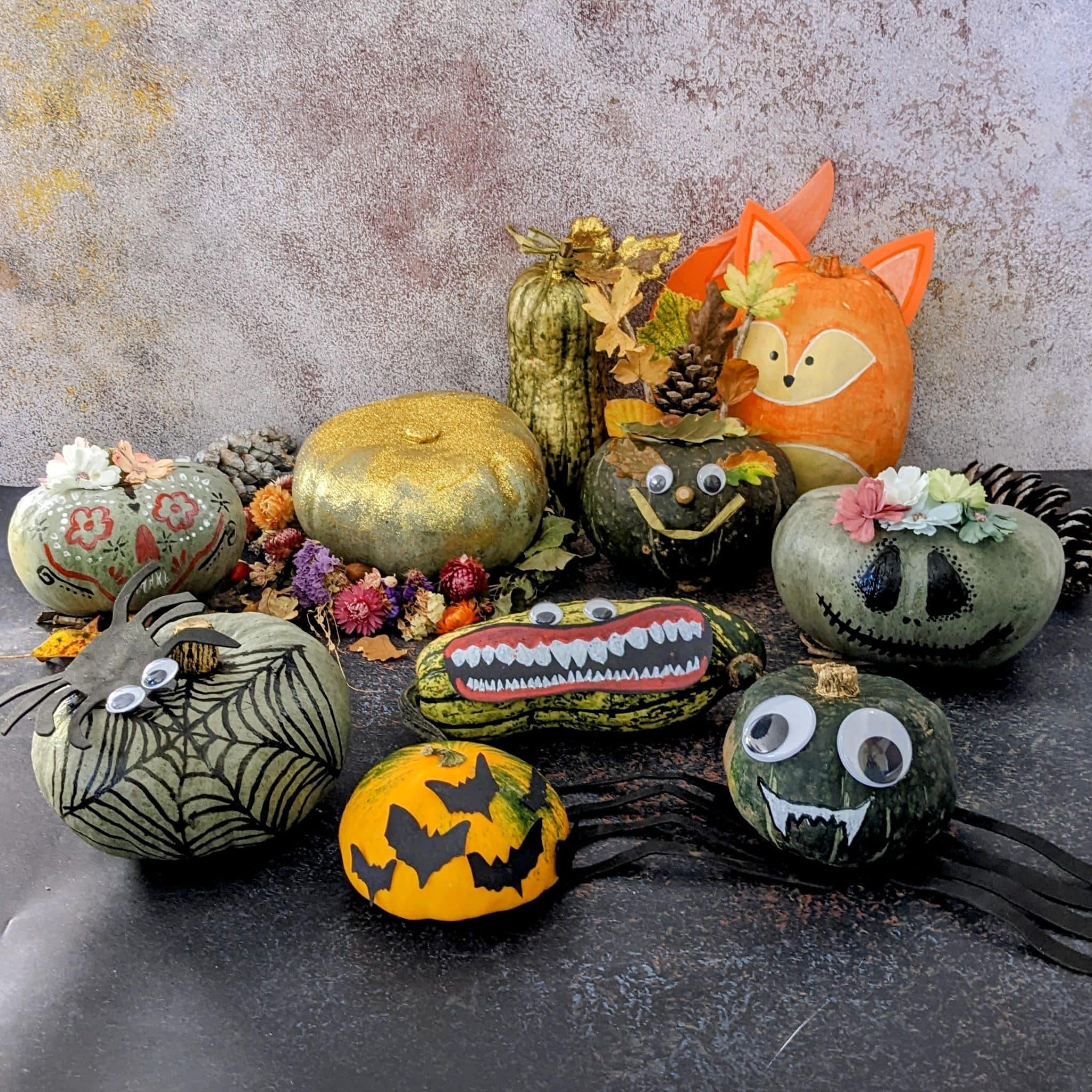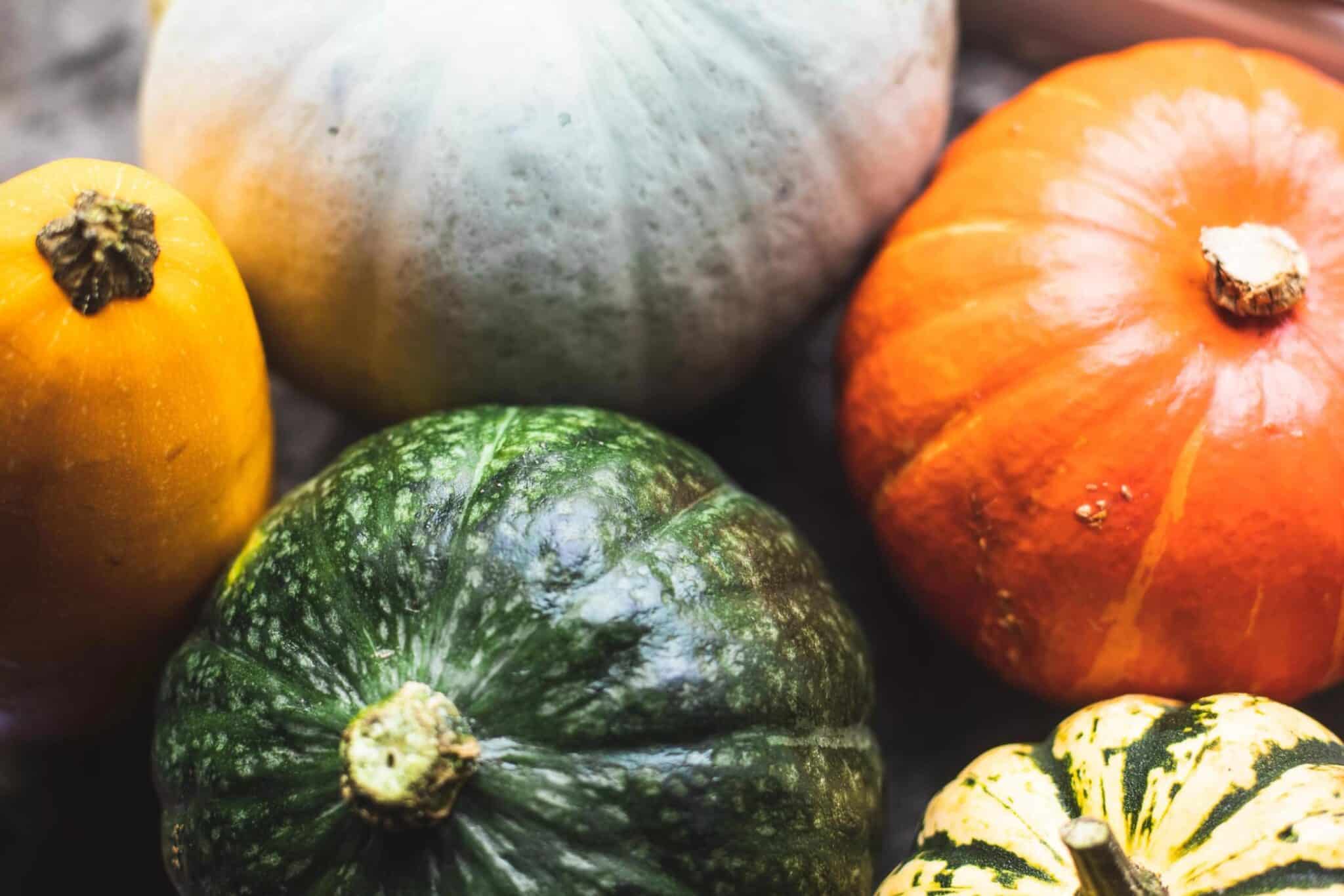At the beginning of 2018, our family set a bullish goal to reduce our plastic use at home by 80 per cent. It wasn’t easy. But a year later, we’re doing it, and doing it well. Here are a few things we’ve learnt along the way.
Take the easy street
Don’t make it harder than it needs to be. Box schemes are a great way to get fruit and veg delivered to your door with minimal plastic. But you may not know that you can get store-cupboard essentials the same way. Hop on over to either Zero Waste Club or the Plastic Free Pantry. Both offer a big selection of dry goods (things that are notoriously tricky to buy without plastic packaging, like pasta and rice) sold by weight, and delivered anywhere in the UK – plastic free, of course.

Aim for progress not perfection
When you make a commitment to living with less plastic, it’s easy to get obsessed with totally plastic-free products. But it’s more realistic to seek out products that use much less plastic. One example of this is Splosh, who sell refillable household cleaning and laundry products. The premise is a simple one. You buy the bottle once, then order refills which are sent in letterbox-friendly pouches. The refills are super-concentrated – when mixed with water, one pouch will fill the original bottle three-four times. It’s not perfect, but it’s a massive improvement.

Think big
When it comes to liquid products, bigger is better. That’s because buying these things in bulk sizes significantly reduces the amount of plastic when compared to buying a bottle at a time. So if you don’t have somewhere handy to get refills, consider investing in five-litre jumbo containers of your bathroom and kitchen products. The Ethical Superstore and Big Green Smile are good places to look.
Solid progress
Name a bathroom product, and I’ll show you a plastic-free, ‘solid’ version of it. It makes sense really. If plastic is the perfect solution for transporting and storing liquids, then re-think the liquids. Shampoo bars have become one of the icons of the plastic-free scene, and there are a bazillion to choose from. But this idea has spread to other products too. Cosmetics brand Lush is trailblazing here. You’ll find ‘naked’ facial cleansing balms, shaving soaps, body lotions, body scrubs facial moisturisers and even zero-waste make-up. I’m a big fan.

Less is more
You would be perfectly within your rights to roll your eyes at what I’m about to say. If you want to use less plastic, then just use less. Full stop. There have been very few things that we haven’t found a plastic-free alternative for. But, for the things that we do struggle to find – things like crisps – we’ve just shifted these things from being regular purchases to being occasional treats. This allows for all manner of ‘life stuff’ to happen, and for us to feel like this a sustainable way to live, long term.
My final thought is a reminder that that living with less plastic is journey of baby steps. It takes a bit of imagination and some planning. And a willingness to get it wrong as often as you get it right. Celebrate every small change you make and don’t get discouraged by the inevitable challenges along the way. Every bit of plastic avoided, is a bit of plastic that cannot do harm.

Sophie Tait is the founder of trashplastic.com – a website that helps people live well with less plastic. She lives in London with her husband and nine-year old identical twin girls. Find her at @trashplastic on Instagram.















Thanks for the review Sophie. So you know, used Splosh refill pouches can be returned to us for reprocessing into other products. This cuts plastic waste by 97.5%.
Must endorse this as we have been very satisfied Splosh cutomers for several years now. The pink grapefruit variey washing up liquid is really good and such an enjoyable scent, and dishwasher tabs with soluble ‘skin’ which live in a tin do a jolly good job in the machine.
Splosh system also means much less fossil lorry fuel burnt needlessly on transporting water around the country in ‘standard’ ie pre-diluted, products – water pipes are much more efficient!
Denby
definitely getting dishwasher tablets from you too!
Check out Honey Bee Beautiful for stunning shampoo bars and deodorant in cardboard containers as well, brilliant. Lots of other lovely things too.
Great article – as a family of 4 we are making lots of ‘little’ changes over time so the transition is far less daunting. So far we have swapped toothbrushes for bamboo ones, use beeswax wraps instead of cling film, use washable tubs in lunch boxes, use veg box schemes and make our own bread. Our next move is to switch to soap nuts/laundry eggs for washing and look into concentrated cleaning products. Lots of small steps mean we’re making progress without being overwhelmed by the daunting task!
Excellent ideas.. we’ve started on the plastic free route.. got rid of all plastic containers as well – and instead of freezing left overs in plastic containers ( risking oestrogen leaking from the plastic to the food) we now freeze in glass jars -all quite safe as long as there is space n the jar for the ice to expand – and thus prevent the glass cracking.
Great, thanks for adding your suggestions too jasdal67 – sharing these kind of simple ideas will really help everyone take small steps that add up to big changes.
Thank you for this idea of freezing using glass. I’ve been wary of doing this. But will try it now. It will be so much more attractive and convenient to present my home made rhubarb ‘ice cream’ (just sweetened rhubarb folded into whipped cream) direct to the table. Just need to be careful about handling.
I don’t understand the need for so much plastic usage. I grew up without any. Granted, it’s a good alternative to use for buckets, watering cans and washing bowls – the old galvanised zinc ones were really heavy when full. But food? What’s wrong with paper or recyclable cardboard? Or glass for liquids? I grew up in World war II -everything was carefully saved, bottles and jars returnable, medicine bottles refilled at the chemist, fish & chips in newspaper. As far as I remember, no- one died of food poisoning. Plastic everywhere now -it’s all down to money and profits
TwoFarmers make crisps in a bag that they say is compostable.